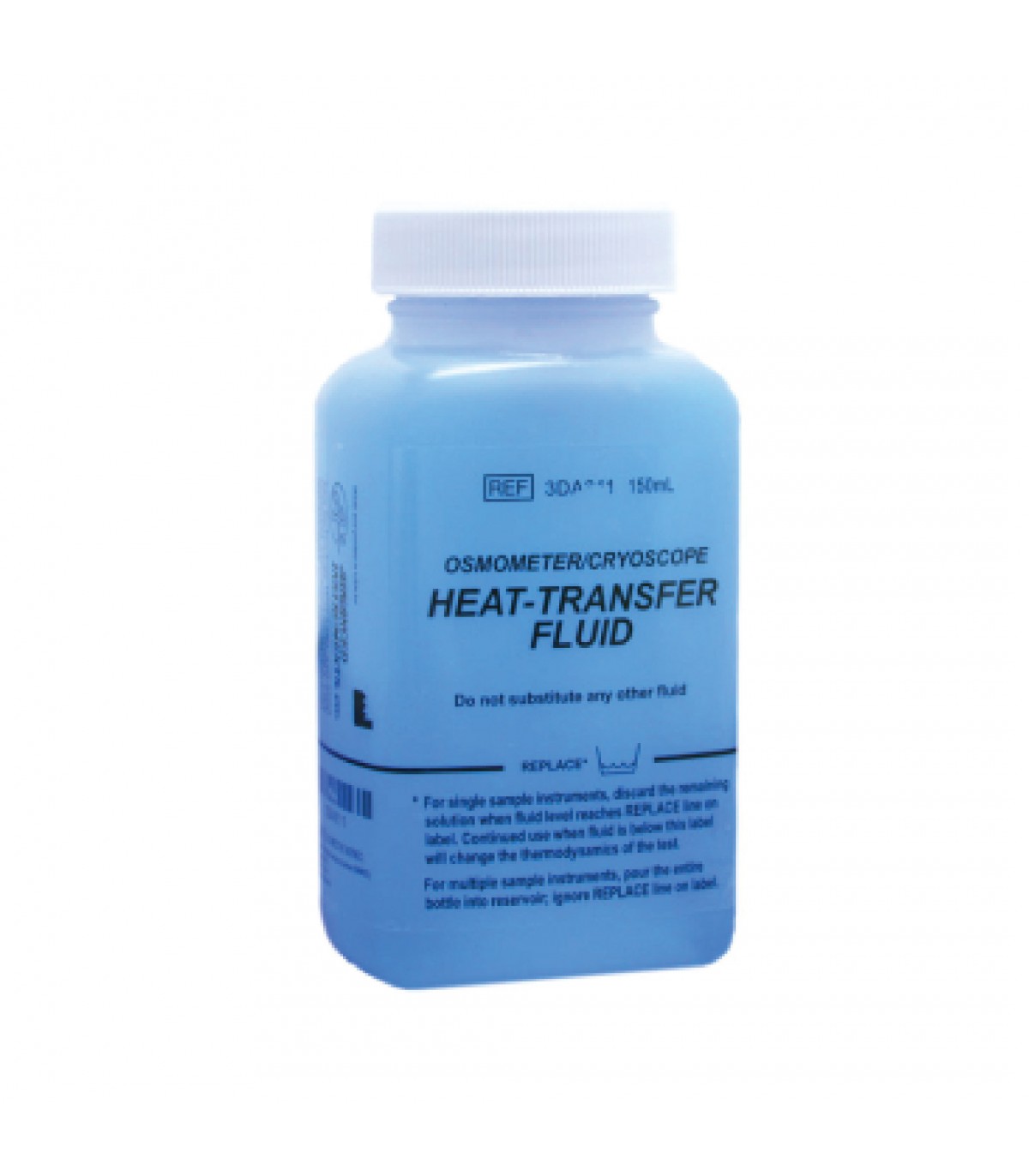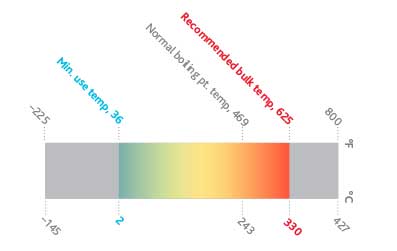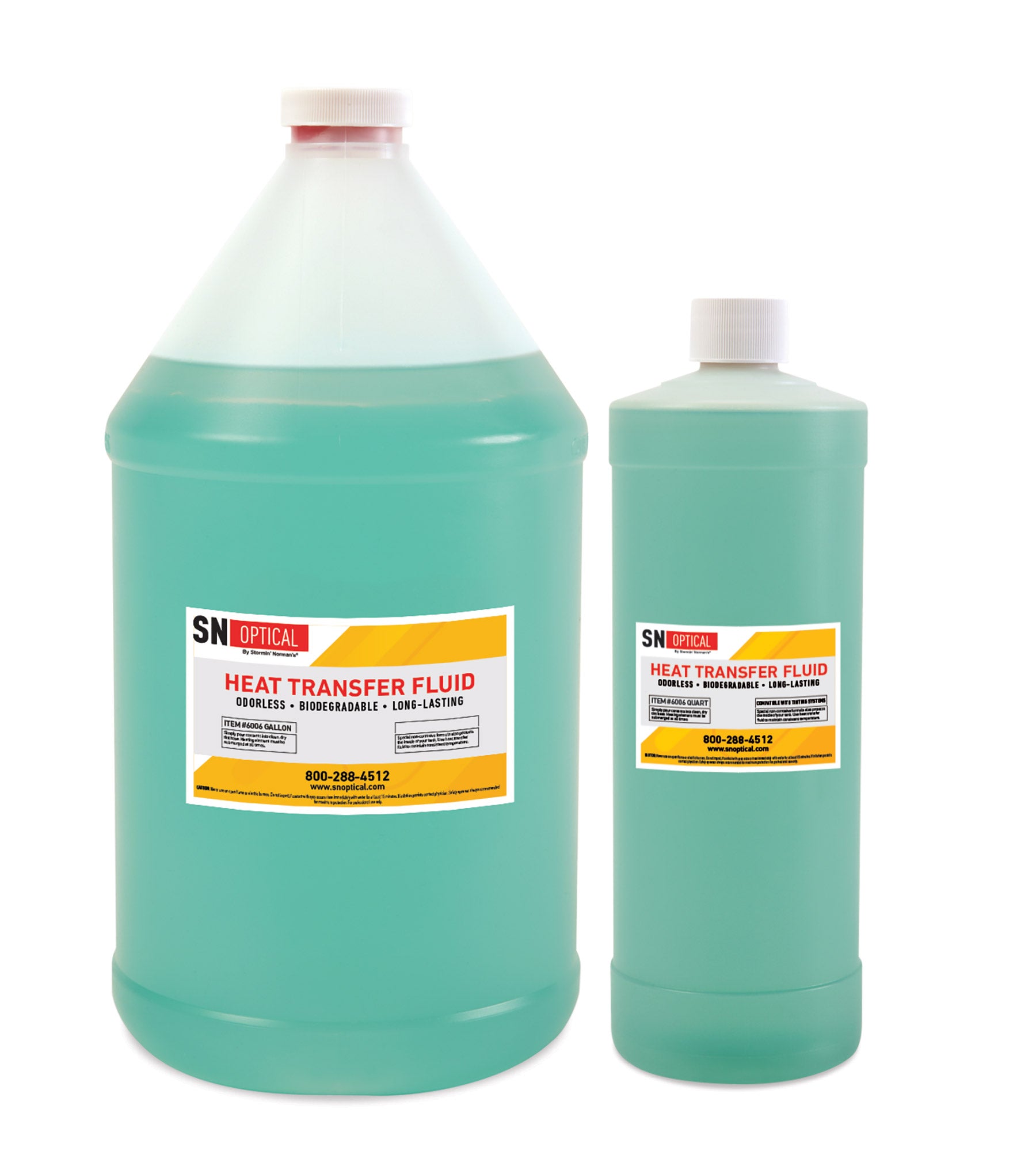Top Considerations for Picking the Right Heat Transfer Fluid for Your Demands
Top Considerations for Picking the Right Heat Transfer Fluid for Your Demands
Blog Article
Why Heat Transfer Liquid Is Essential for Optimizing Energy Transfer in Solution
The function of warm transfer liquids in maximizing energy transfer is pivotal for attaining effective thermal administration across different commercial markets. These liquids help with seamless warm exchange, making certain procedures run within ideal temperature level arrays and mitigating the risk of overheating. Their choice, based on aspects like viscosity and thermal security, straight influences the effectiveness and sustainability of a system. Nevertheless, the details of picking the appropriate liquid are frequently ignored. What are the vital factors to consider for this choice, and exactly how do they impact both economic efficiency and ecological duty in commercial applications?

Role in Thermal Management
Warmth transfer liquids play a critical duty in thermal administration by effectively controling temperatures in various industrial procedures and systems. These specialized liquids promote the transfer of warmth in between various elements, guaranteeing ideal operating conditions and preventing overheating. By keeping specific temperature level control, warm transfer fluids enable sectors such as chemical production, oil and gas, and power generation to operate safely and efficiently.
The option of an appropriate warmth transfer liquid depends on several variables, consisting of thermal stability, warmth capability, and viscosity. High thermal security makes sure that the liquid can endure severe temperatures without degrading, while a high warmth capacity permits it to take in and launch considerable quantities of warm - heat transfer fluid. Reduced viscosity reduces the power needed for pumping, adding to overall system effectiveness
Additionally, warmth transfer fluids are indispensable in applications like refrigeration, where they help soak up and dissipate heat throughout the cooling cycle. In solar thermal power systems, these fluids capture and transportation solar heat to create electrical power or provide warm water. Their flexibility to diverse operating problems and ability to preserve regular thermal performance highlight their importance in industrial thermal monitoring, helping with functional connection and enhancing precaution.

Enhancing System Effectiveness
To take full advantage of the advantages of thermal monitoring, boosting system efficiency through the calculated usage of warm transfer liquids is extremely important. By maintaining optimal temperature levels, heat transfer fluids help ensure that systems operate within their developed specifications, thus stopping getting too hot and minimizing the danger of element failing.

Kinds Of Warmth Transfer Liquids
The variety of warm transfer fluids underscores their important role in a series of industrial applications, each customized to fulfill particular thermal administration requirements. These fluids promote reliable power transfer and are chosen based on key residential or commercial properties such as thermal stability, thickness, and warm capability. The primary kinds consist of water, glycol options, oils, and synthetics, each offering unique advantages.
Water is the most usual heat transfer medium due to its high specific warm capability and reduced expense. Mineral oils are preferred for their thermal stability and non-corrosive nature, making them suitable for high-temperature applications.

Artificial fluids, consisting of silicone and aromatic compounds, offer remarkable thermal stability and are used in settings demanding extreme temperature varieties. These fluids guarantee premium find out this here efficiency in systems where typical liquids might fail. The choice of a heat transfer liquid is important, as it affects system performance, security, and longevity. Each type needs to be chosen to align with the operational needs and the particular problems of the application it offers.
Environmental and Economic Benefits
Utilizing the ideal warm transfer liquids supplies considerable ecological and economic advantages for commercial operations. Environmentally pleasant warmth transfer liquids, often biodegradable and non-toxic, reduce the risk of soil and water contamination in the occasion of leaks or spills, consequently protecting ecological communities and conforming with rigorous environmental guidelines.
Financially, the best warm transfer liquid can substantially lower operational expenses. Reliable heat transfer minimizes energy expense, leading to lower energy bills and enhanced productivity. Additionally, fluids with extensive lifecycle efficiency reduce the frequency of replacements and maintenance, reducing downtime and linked prices. Buying top notch fluids can additionally reduce the threat of devices rust and failing, staying clear of expensive repair work and prolonging the lifespan of crucial infrastructure. In open markets, these savings and performances offer an unique benefit, allowing firms to designate resources much more successfully and buy further development. In general, the strategic use optimum warmth transfer liquids supports sustainable economic development and ecological stewardship.
Choosing the Right Fluid
Just how does one browse the complicated procedure of selecting the best warmth transfer liquid for industrial applications? Choosing the suitable fluid is essential, as it directly affects system effectiveness, security, and functional expenses. Secret considerations consist of thermal stability, compatibility with system materials, and running temperature level range. Thermal security guarantees the fluid can hold up against heats without breaking down, while compatibility stops rust or various other harmful responses with system components. The operating temperature level range have to align with the system's go right here needs to keep efficiency and durability - heat transfer fluid.
In addition, the liquid's warmth capability and viscosity are critical. A high warm capability allows the fluid to absorb look at here and transfer more energy, enhancing performance.
Verdict
The tactical selection and application of warm transfer liquids are essential to enhancing power transfer throughout different systems. By guaranteeing high thermal stability and capability, these fluids give exact temperature control and boost overall system efficiency.
Report this page